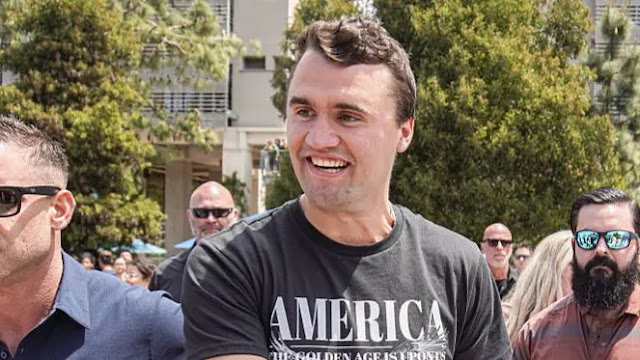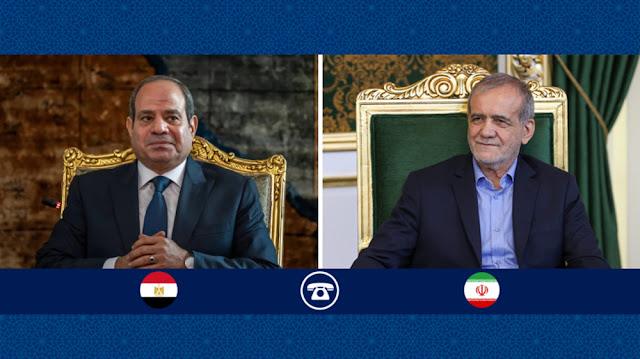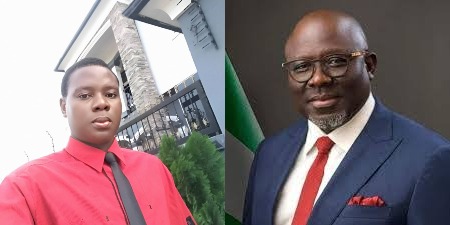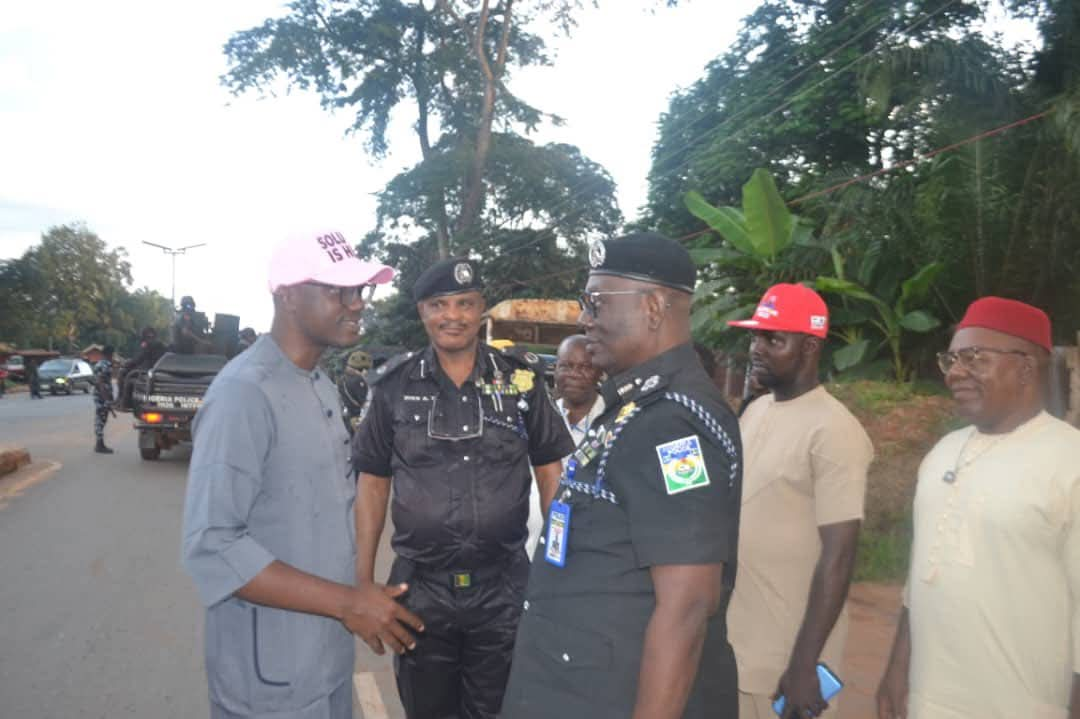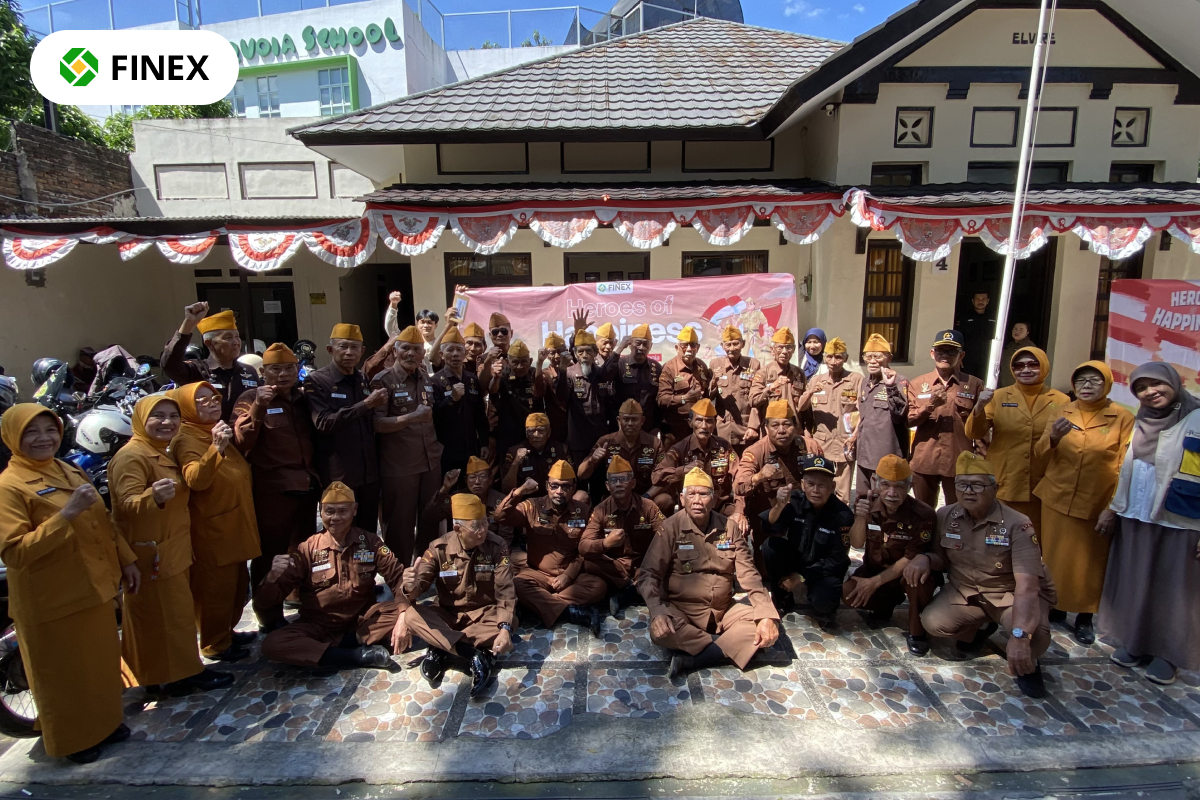In a tragic and shocking turn of events, Charlie Kirk, the prominent conservative activist and founder of Turning Point USA, was fatally shot during a campus event at Utah Valley University (UVU) in Orem, Utah, on Wednesday, September 10, 2025. The incident, which has sent ripples of grief and outrage across the nation, has sparked intense debates about campus safety, political polarization, and the state of free speech in America. Authorities are investigating the circumstances surrounding the shooting, and the university community, along with Kirk’s supporters and detractors, is grappling with the profound loss of a polarizing yet influential figure in American conservatism.
The Incident at Utah Valley University
The shooting occurred during an event organized by Turning Point USA, a conservative nonprofit organization founded by Kirk in 2012, known for its advocacy of free-market principles, limited government, and conservative values on college campuses. The event, held in UVU’s Grande Ballroom, was part of Turning Point USA’s nationwide campus tour, which seeks to engage students in political discourse and promote conservative ideas. Kirk, a well-known figure in conservative media and a frequent speaker at such events, was addressing a crowd of students, faculty, and community members when the tragedy unfolded.
According to eyewitness accounts and preliminary police reports, the event was underway when an individual, whose identity has not yet been disclosed, opened fire. Kirk, who was at the podium delivering his speech, was struck by multiple bullets. Emergency responders arrived swiftly at the scene, but despite their efforts, Kirk was pronounced dead shortly after being transported to a nearby hospital. The exact time of the shooting has been reported as approximately 7:45 p.m. local time.
The suspect fled the scene immediately after the shooting, prompting a massive law enforcement response. Utah Valley University was placed on lockdown, and students were instructed to shelter in place as police conducted a thorough search of the campus. As of the latest updates, the suspect remains at large, and authorities have not released details regarding a possible motive or whether the attack was politically motivated. The Orem Police Department, in collaboration with the Utah County Sheriff’s Office and federal authorities, is leading the investigation.
Charlie Kirk: A Polarizing Figure
Charlie Kirk, aged 31 at the time of his death, was a towering figure in the conservative movement, known for his fiery rhetoric, unapologetic advocacy, and ability to mobilize young Americans around conservative causes. Born in Chicago, Illinois, Kirk rose to prominence as a young activist, founding Turning Point USA at the age of 18. The organization quickly grew into a major force in conservative politics, with chapters on hundreds of college campuses across the United States and a significant online presence.
Kirk’s work focused on engaging young people in political activism, often challenging what he described as the “leftist indoctrination” prevalent in higher education. Through Turning Point USA, he organized events, rallies, and campaigns to promote free speech, Second Amendment rights, and conservative economic policies. His high-energy speaking style and willingness to confront progressive ideologies head-on made him a beloved figure among conservative youth and a lightning rod for criticism from progressive groups.
Kirk was also a prolific media personality, hosting The Charlie Kirk Show, a popular podcast and radio program syndicated by Salem Media Group. His platform amplified his influence, allowing him to reach millions of listeners with his commentary on politics, culture, and current events. Kirk’s outspoken support for former President Donald Trump, his criticism of progressive policies, and his advocacy for conservative Christian values often placed him at the center of heated debates.
While Kirk’s supporters lauded him as a fearless defender of American values, his detractors accused him of promoting divisive rhetoric and exacerbating political tensions. His events on college campuses frequently drew protests from student groups who viewed his presence as provocative. Despite these controversies, Kirk remained steadfast in his mission to inspire a new generation of conservatives, often emphasizing the importance of free speech and open dialogue in a democratic society.
The Immediate Aftermath
The news of Kirk’s death sent shockwaves through the political landscape, prompting an outpouring of grief, anger, and speculation from both sides of the political spectrum. Turning Point USA released a statement expressing profound sorrow over the loss of their founder, describing Kirk as a “visionary leader” whose impact on the conservative movement would endure. “Charlie Kirk was a warrior for truth, freedom, and the American dream,” the statement read. “His legacy will live on through the countless lives he touched and the movement he built.”
Prominent conservative figures, including politicians, commentators, and activists, took to social media to mourn Kirk’s passing and condemn the violence. Former President Donald Trump, with whom Kirk had a close relationship, posted on X, calling the shooting a “heinous act” and describing Kirk as a “brilliant young patriot who fought tirelessly for our country.” Other conservative leaders, such as Senators Ted Cruz and Josh Hawley, echoed these sentiments, emphasizing the need for justice and heightened security for public figures.
On the progressive side, reactions were more varied. Some expressed sympathy for Kirk’s family and condemned the violence, while others criticized the media for focusing on Kirk’s death while ignoring broader issues of gun violence. Progressive student groups at UVU, some of which had protested Kirk’s appearance, issued statements distancing themselves from the shooting and calling for unity in the face of tragedy.
The shooting also reignited debates about gun control and campus safety. Gun control advocates pointed to the incident as evidence of the need for stricter firearm regulations, while Second Amendment supporters argued that the tragedy underscored the importance of allowing law-abiding citizens to carry weapons for self-defense. Utah, a state with relatively permissive gun laws, has long been a focal point in these debates, and the shooting at UVU is likely to intensify discussions about firearms on college campuses.
The Investigation and Unanswered Questions
As authorities work to piece together the events leading up to the shooting, several key questions remain unanswered. Who was the shooter, and what was their motive? Was the attack a targeted assassination driven by political ideology, or was it a random act of violence? The lack of immediate answers has fueled speculation on social media, with some users suggesting that the shooting was a deliberate attempt to silence Kirk’s conservative voice.
Investigators are reportedly reviewing security footage from the Grande Ballroom and interviewing witnesses to establish a timeline of events. The Orem Police Department has urged the public to refrain from spreading unverified information, emphasizing that premature conclusions could hinder the investigation. “We are committed to conducting a thorough and transparent investigation to bring the perpetrator to justice,” said Orem Police Chief Michael Larsen in a press conference late Wednesday night.
The FBI has also been called in to assist, given the high-profile nature of the incident and the potential for it to be classified as a hate crime or act of domestic terrorism. Federal authorities are exploring whether the shooter had ties to any extremist groups or was motivated by political grievances. The absence of a suspect in custody has heightened fears of further violence, particularly as political tensions in the United States remain elevated.
Campus Safety and Political Polarization
The shooting at UVU has raised serious concerns about the safety of hosting politically charged events on college campuses. Universities have long been battlegrounds for ideological conflicts, with conservative speakers often facing protests and disruptions at liberal-leaning institutions. Kirk himself was no stranger to such controversies, having faced hecklers and demonstrators at numerous events throughout his career.
In recent years, incidents of violence at political events have underscored the risks faced by public figures in an increasingly polarized climate. The shooting of Charlie Kirk is likely to prompt universities to reassess their security protocols for high-profile speakers. UVU, which has a reputation as a relatively conservative-leaning institution in Utah, had security measures in place for Kirk’s event, but they were insufficient to prevent the tragedy.
The incident has also sparked a broader conversation about the state of political discourse in America. Kirk’s supporters argue that his death is a symptom of a society that has become dangerously intolerant of differing viewpoints. “Charlie was targeted because he dared to speak his mind,” said Candace Owens, a conservative commentator and frequent collaborator with Kirk. “This is what happens when we demonize those we disagree with.”
Critics, however, contend that Kirk’s rhetoric contributed to the very polarization that may have led to his death. They argue that his confrontational style and willingness to engage in culture wars exacerbated tensions on campuses and in the broader public sphere. These competing narratives highlight the deep divisions in American society, where even a tragedy of this magnitude is interpreted through starkly different lenses.
Kirk’s Legacy and the Future of Turning Point USA
Charlie Kirk’s death leaves a significant void in the conservative movement, particularly among young activists who saw him as a mentor and inspiration. Turning Point USA, which Kirk built from a small grassroots organization into a national powerhouse, faces an uncertain future without its charismatic founder. The organization’s leadership has vowed to continue Kirk’s mission, but replacing his energy, vision, and media savvy will be a formidable challenge.
Kirk’s influence extended beyond Turning Point USA. He was a key figure in the broader conservative ecosystem, forging alliances with politicians, donors, and media personalities. His ability to connect with young audiences through social media platforms like X, where he had millions of followers, made him a uniquely effective communicator in the digital age.
In the wake of his death, tributes have poured in from across the globe, with supporters sharing stories of how Kirk inspired them to engage in politics, challenge conventional wisdom, and stand up for their beliefs. A makeshift memorial has been established outside UVU’s Grande Ballroom, where students and community members have left flowers, candles, and notes honoring Kirk’s memory.
A Nation in Mourning
As the nation mourns the loss of Charlie Kirk, the shooting at Utah Valley University serves as a stark reminder of the fragility of civil discourse in a polarized era. The tragedy has prompted soul-searching among Americans of all political persuasions, with many calling for a renewed commitment to dialogue, tolerance, and nonviolence.
For Kirk’s family, friends, and supporters, the pain of his loss is compounded by the uncertainty surrounding the motives and circumstances of his death. His wife, Erika Frantzve, a former Miss Arizona and businesswoman, has not yet made a public statement, but close associates say she is devastated by the loss of her husband. Kirk leaves behind a legacy of activism, a thriving organization, and a generation of young conservatives inspired by his vision.
As the investigation continues, the focus remains on bringing the perpetrator to justice and ensuring that such a tragedy does not happen again. Utah Valley University has announced plans for a memorial service to honor Kirk, and Turning Point USA is organizing a nationwide day of remembrance to celebrate his life and contributions.
In a time of grief and division, Charlie Kirk’s death challenges the nation to confront its demons and seek a path toward healing. Whether his legacy will inspire unity or further entrench division remains to be seen, but his impact on American politics is undeniable. As the sun sets on a somber day in Orem, Utah, the nation pauses to reflect on the life of a man who, for better or worse, shaped the conversation in ways that will resonate for years to come.


